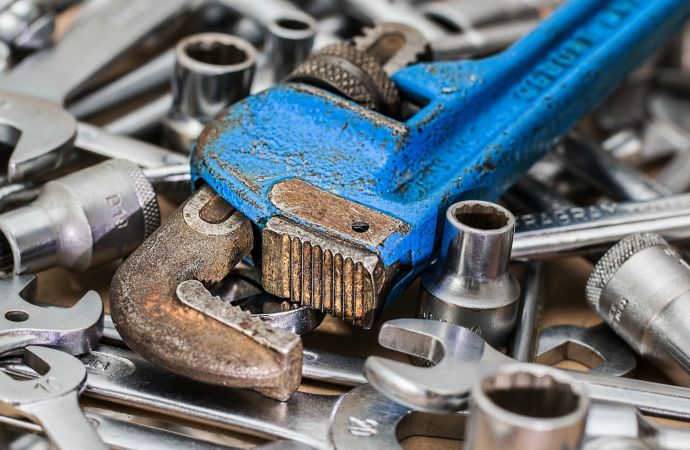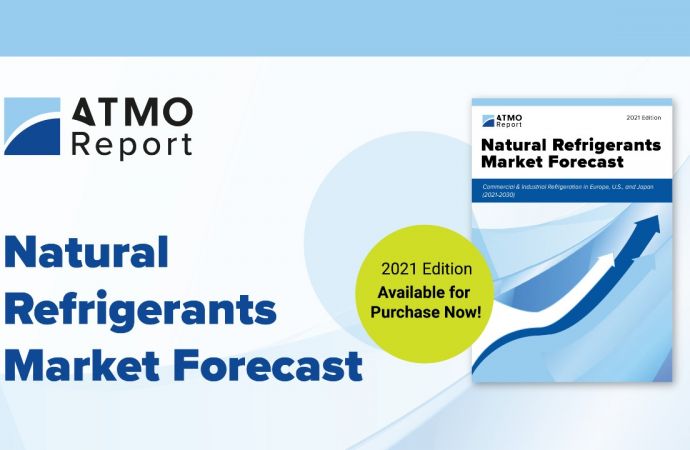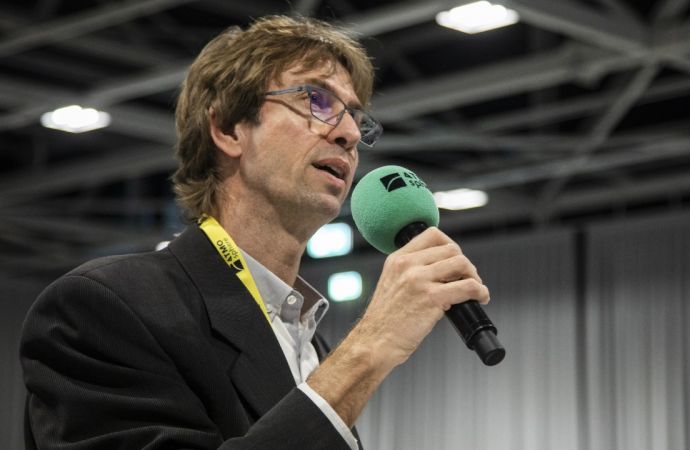Training more installers and technicians on how to operate natural-refrigerant systems is crucial to widening their uptake in South Africa, heard participants in ATMOsphere Network Frigair.

Training more installers and technicians on how to operate natural-refrigerant systems is crucial to widening their uptake in South Africa, heard participants in ATMOsphere Network Frigair 2018, held today at the Gallagher Convention Centre in Johannesburg as part of Frigair 2018 – Africa’s only dedicated HVAC&R tradeshow.
“The skills gap found in industry is well known and much talked about,” Grant Laidlaw, president of the South African Institute for Refrigeration and Air Conditioning (SAIRAC), told the event, hosted by shecco (publisher of this website) in conjunction with South African HVAC&R firm Commercial Refrigeration Services (CRS).
Laidlaw implored participants to stipulate what kind of training is required. “Here in the training sector, the philosophy is that industry themselves must tell us what they want,” he said.
“We must recognise that not everybody is going to be able to reach the same level of qualifications,” Laidlaw said.
For safe handling of refrigerants that are flammable and high pressure, the training providers, industry and industry associations will have to get together to decide what constitutes a safe handling license.”
– Grant Laidlaw, SAIRAC
Government support
The South African government offers companies a financial incentive to help close this skills gap by funding workplace apprenticeships under the framework of merSETA.
South Africa’s Manufacturing, Engineering and Related Services Sector Education and Training Authority (merSETA) is one of 21 Sector Education and Training Authorities (SETAs) established to promote skills development in terms of the Skills Development Act of 1998 (as amended). The 21 SETAs broadly reflect different sectors of the South African economy. MerSETA encompasses manufacturing, engineering and related services.
At ATMO Frigair, Laidlaw outlined in detail the process of applying for such grants under the merSETA framework.
SAIRAC, for its part, offers courses that are aimed at “bridging the gap that exists between the artisan/technician level and engineers,” Laidlaw said.
The SAIRAC training courses are also an opportunity for senior people in industry to share their experience with the younger generation, he argued.
“For safe handling of refrigerants that are flammable and high pressure, the training providers, industry and industry associations will have to get together to decide what constitutes a safe handling license,” Laidlaw said.
He concluded by calling on companies to express their interest in participating as workplace providers in a refrigeration mechanic apprentices project initiated by SAIRAC.
Related stories



